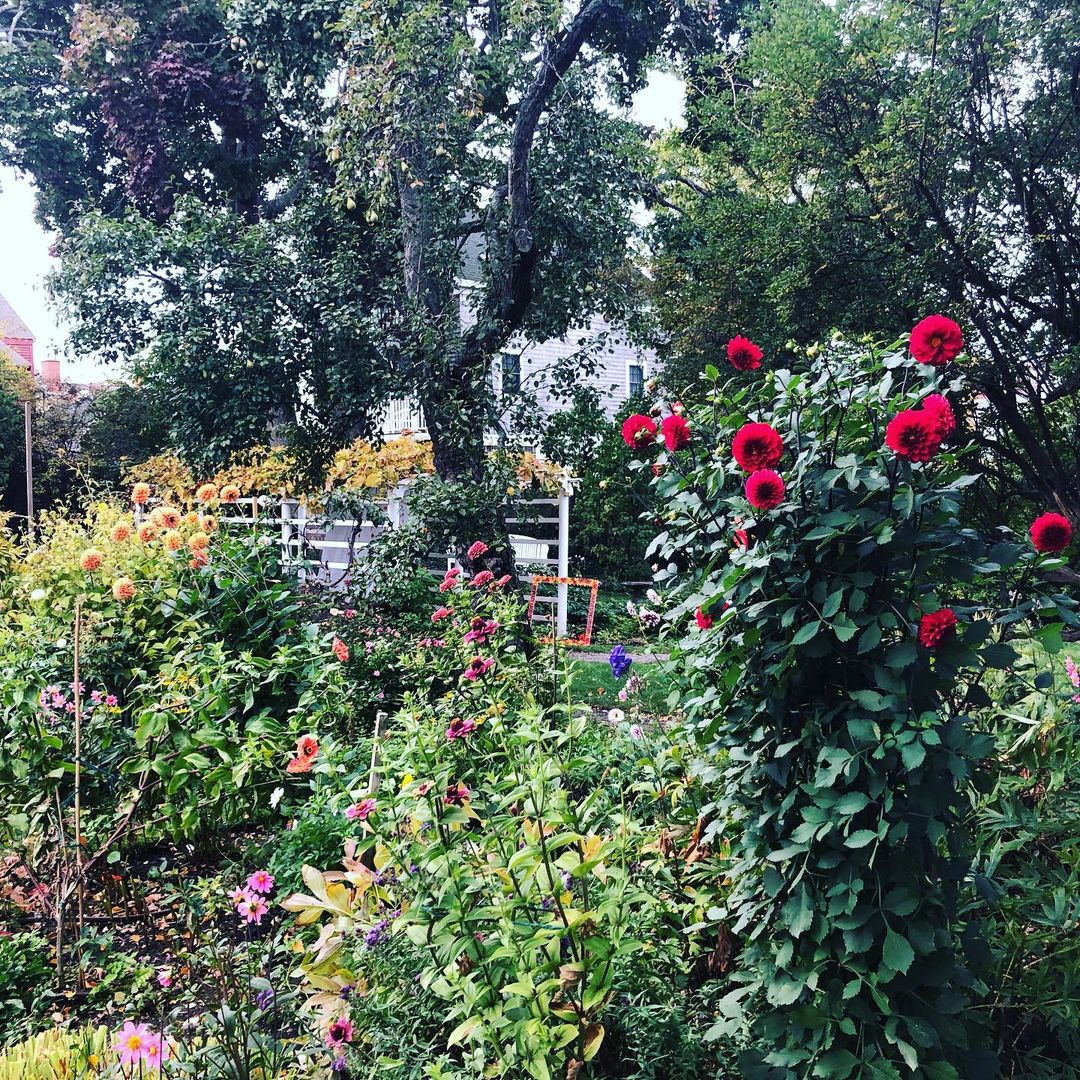|
Do you want us to talk about pollinators and history? SeaBee Honey and Apiaries will be there no questions asked. Recently, the Moffatt-Ladd house asked us to participate in their Harvesting History event on their grounds in the heart of Portsmouth, New Hampshire. We spent a Saturday afternoon talking about bees and the history of honey bees and other pollinators in the Seacoast area of New Hampshire. The Moffatt-Ladd house is on Market Street in downtown New Hampshire and many people have walked by it hundreds of times not knowing that it is a museum and garden. The mission of the Moffatt-Ladd house from their website is as follows: The purpose of the Moffatt-Ladd House and Garden is to interpret American, New Hampshire, and Portsmouth history through the lives and possessions of the inhabitants of the house, both free and enslaved. The Society collects and preserves objects and manuscripts appropriate to this history. The Moffatt-Ladd House is a National Historic Landmark Building and a member of the Great American Treasures program of NSCDA. The history of this house is rich and it was home to William Whipple, a signer of the Declaration of Independence. "According to family legend, after signing the Declaration of Independence William returned to Portsmouth with a handful of horse chestnuts from Philadelphia, one of which he and Prince planted in the yard in commemoration of his participation in that momentous event. The tree is still standing, some 234 years later. Whipple also held the rank of Brigadier General of the First Brigade of New Hampshire Militia. In 1777, he led the regiment to Saratoga and in 1778, he participated in the abortive Rhode Island Campaign." The chestnut tree still stands and it has been feeding pollinators for over 200 years. The house also has an extensive garden and pollinator habitat that still has blossoming flowers in mid-October. They also have an extensive collection of old beehives on the grounds that display the different types of hives used throughout the years. We were honored to attend and brought along our observation hive and discussed the role pollinators played in the early colonies. Not many people know that honey bees weren't native to America and were brought to this country by the early colonists. Some of the first beehives in America were placed here in Portsmouth and in Hampton, NH as far back as 1638.
0 Comments
|
Details
SEABEE HONEY BLOGAuthorA beekeeper in New Hampshire [email protected] Archives
December 2023
Categories
All
|


 RSS Feed
RSS Feed